Veterinary staff of Hoa Loc commune spray disinfectant in the livestock area.
According to the Department of Agriculture and Environment, the province's total livestock and poultry herd is currently among the top in the country, with about 28 million heads. Of which, poultry accounts for about 27 million heads, the rest are pigs, buffaloes, cows and other livestock. Every year, the livestock production value accounts for over 32% of the province's agricultural production structure. To ensure the production value of livestock, disease prevention work is always of interest to the province and is effectively implemented.
Since June 2025, ASF has broken out, spread and caused great damage to farmers. To prevent the epidemic, the Department of Livestock and Veterinary Medicine has directed and guided the People's Committees of communes and wards to focus on synchronously and effectively implementing urgent solutions to prevent, control and eradicate the disease. In Hoa Loc commune, since July 25, a number of pigs have been sick, stopped eating and died in households. As soon as the people reported the disease, the People's Committee of the commune coordinated with the Hau Loc Regional Agricultural Service Center to take samples for testing and instruct people on how to prevent the disease. At the same time, when the test results were positive for ASF, the locality made a record and organized the destruction of 199 pigs from 13 households in 7 villages, with a total weight of more than 9.2 tons.
Vice Chairman of Hoa Loc Commune People's Committee Trinh Trung Dung said: "At this time, livestock are at high risk of contracting various diseases; in which, for chickens, it is avian influenza, and for pigs, it is ASF. In the face of the actual situation of ASF spreading, the Commune People's Committee has deployed the establishment of 8 inter-commune and inter-village quarantine checkpoints; regularly sending officers to inspect and grasp the situation in residential areas to detect outbreaks early and contain and suppress the epidemic while it is still small, determined not to let the epidemic spread widely. At the same time, instructing people to disinfect livestock areas and carry out disease prevention and control steps."
Many communes and wards in the province are also focusing on promoting measures to prevent and control animal diseases, especially ASF, in which vaccination is a top priority. Since the beginning of 2025, the whole province has injected 73,200 doses of ASF vaccine (of which the Department of Animal Husbandry and Veterinary Medicine supports communes and wards with epidemics and high risks with 25,700 doses, the remaining 47,500 doses are injected by households themselves). At the same time, strict measures to prevent and control epidemics for livestock and poultry are being implemented.
According to the assessment of the Department of Animal Husbandry and Veterinary Medicine, currently it is the time of changing seasons, the temperature difference between day and night is large; the transportation of animals and animal products has increased; the prevalence of pathogens is relatively high, in a wide range in the environment, so the risk of dangerous infectious animal diseases occurring in the province is very high. Along with that, the vaccination rate of some vaccines for livestock herds compared to the total herd has not ensured coverage.
The provincial Department of Animal Husbandry and Veterinary Medicine recommends that breeders should proactively vaccinate their livestock fully and on time; implement biosafety measures; and keep their barns clean and airy. At the same time, use breeds of clear origin with full quarantine papers; before entering the herd, the breeds must be quarantined for at least 3 weeks.
Along with that, at present, livestock households need to periodically spray disinfectant around livestock areas and barns once a week, along with implementing "5 no's" in disease prevention and control: do not hide the epidemic; do not sell sick livestock and poultry; do not transport sick livestock, poultry and livestock and poultry products; do not eat sick, dead or unknown origin livestock and poultry; do not throw sick or dead livestock and poultry into the environment... to limit the risk of widespread disease transmission.
Article and photos: Le Thanh
Source: https://baothanhhoa.vn/bao-dam-an-toan-dich-benh-cho-dan-vat-nuoi-257183.htm


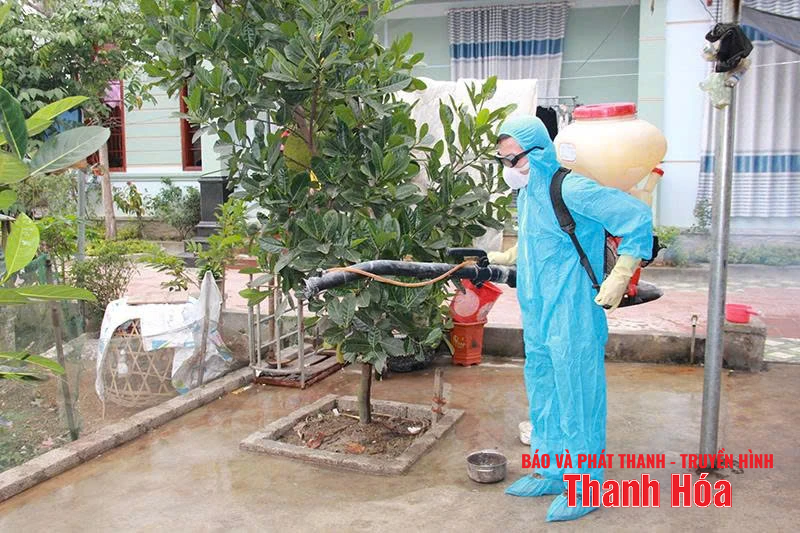

![[Photo] Binh Trieu 1 Bridge has been completed, raised by 1.1m, and will open to traffic at the end of November.](https://vphoto.vietnam.vn/thumb/1200x675/vietnam/resource/IMAGE/2025/10/2/a6549e2a3b5848a1ba76a1ded6141fae)




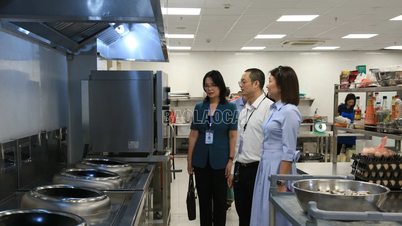






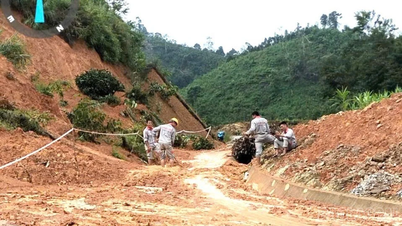





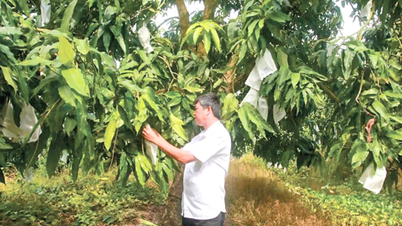

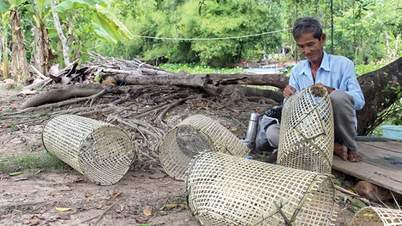































































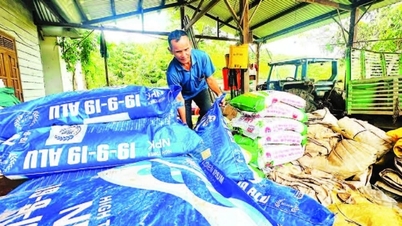














Comment (0)